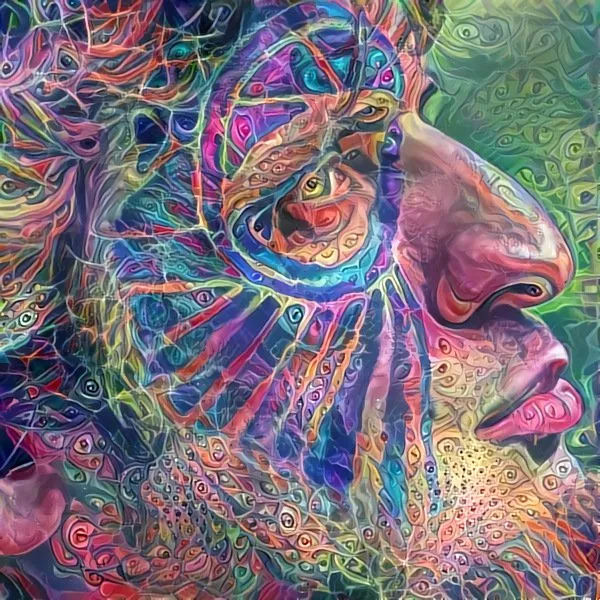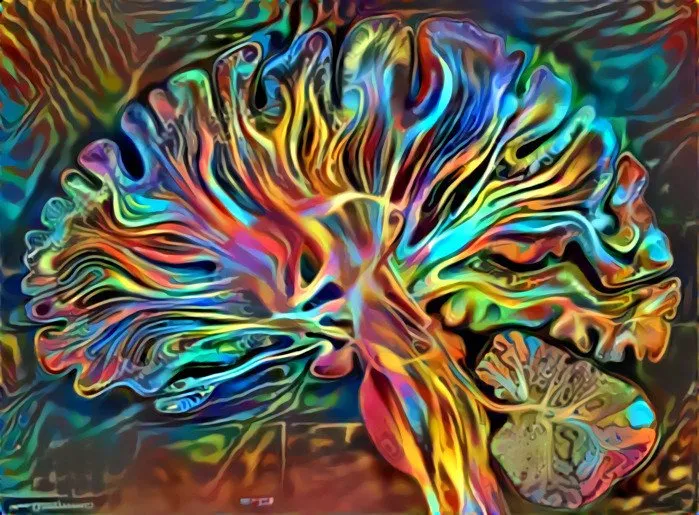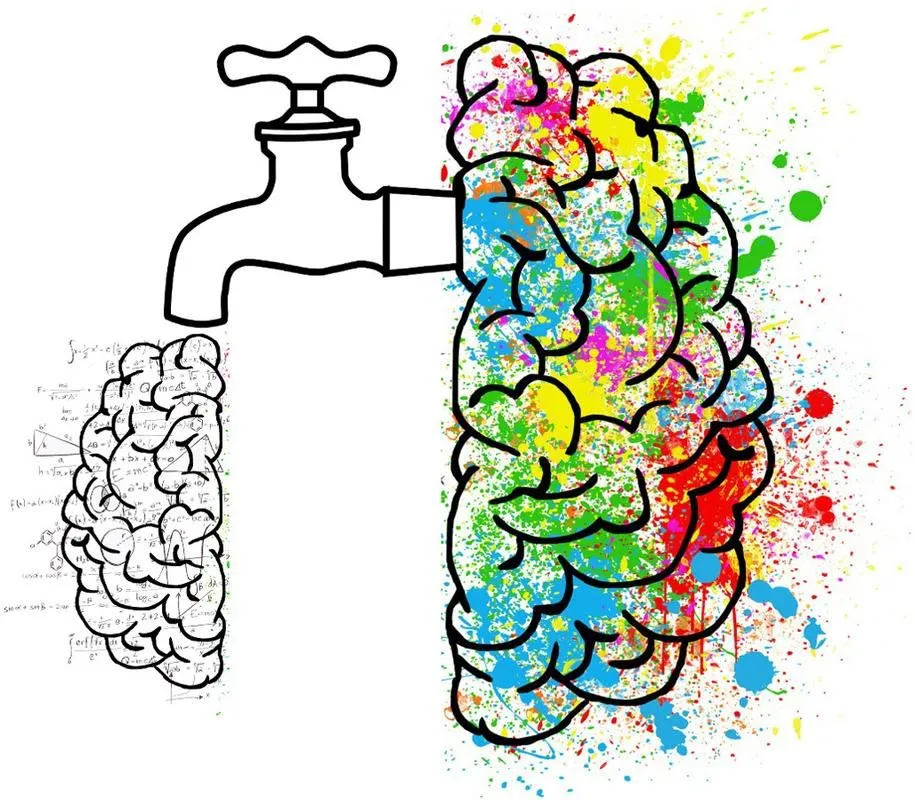Hey everyone,

I study Cognitive Neuropsychology in Amsterdam and aspiring to become a psychedelic researcher . My interests include Artificial Intelligence, Neurophilosophy and Predictive Processing. I'm here because I want to unload topics that keep me busy and to write about topics related to consciousness and neuroscience. I believe that psychedelic drugs can be used as powerful scientific tools that will provide unique insights as to how our brain produces consciousness. I am also an organizing member of the Amsterdam Psychedelic Research Assosciation (APRA), a group that seeks to promote the research of psychedelics to a wider audience. I am also in the process of organizing a field study that will test the cognitive effects of microdosing. Here is a quick introduction on the shape of things to come:
Psychedelic Science: Revisiting the Doors of Perception
“There are things known, and things unknown, and in between are the doors of perception.
If the doors of perception were cleansed everything would appear to man as it is, infinite.
For man has closed himself up, till he sees all things thro' narrow chinks of his cavern.”
-Aldous Huxley, The Doors of Perception
When Aldous Huxley first took mescaline in 1954, he described his experience of ego-dissolution as a diminishing of the barriers between the known and the unknown. He obtained an obscure sense of knowledge about the infinite that lay beyond what he called the doors of perception. He proclaimed that psychedelics have a unique capability of exposing the narrowness of our internal representations to the vast and infinite beauty of the external world. Since Huxley wrote these epistemic descriptions, the psychedelic state has also become formalized within the paradigms of modern neuroscience, predictive processing amongst others. Neuroimaging studies show that psychedelics cause widespread changes the brains communication patterns . Most interesting is that fact that psychedelics increase the communication between different brain regions but decrease the communication within them [1]. This induces a wider and more diffuse set of conscious mental states [2]. Researchers (including me) are now interested to know whether these changes may result in enhanced creativity or present a therapeutic window to treat addiction, obsessive compulsive disorders and depression!

Predictive Processing: Perception is in the eyes of the beholder!
Predictive Processing has become a prominent theory in the field of cognitive neuroscience due to its large explanatory power that may potentially unify ideas that have divided scientists for many years. This paradigm views the brain as a prediction machine that constantly tries to explain away incoming bottom-up signals with top-down predictions in a manner that continuously tries to minimize the resulting prediction error. As Jean Piaget once put it, what we see changes what we know and what we know changes what we see. Or in other words, we are constantly conforming reality to what we have already experienced in the past. This theory has tremendous implications, especially if we pair it with psychedelics. If psychedelics drastically breaks down constraints on our prior knowledge , we may rediscover the world with new eyes and form new relationships with our environment!

Adapted from (Swanson, 2018) [3]
Googles DeepDream: Hallucination Machines
Most people are familiar with the trippy pictures generated by Google’s deep convolutional neural network, otherwise known asDeepDream[4]. But what are these images actually conveying? Is the network dreaming or tripping on acid? Let us take a step back. Google constructed this network to perform image classification; the network is fed thousands of pictures of dogs and houses in order to sort these two categories apart. This a form of supervised learning, which means that researchers must tell the network whenever it is doing somthing right or wrong. The network gradually adjusts its behavior based on this feedback and learns what we want it to do. Over time it can separate the pictures on account of their ‘houseness’ or ‘dogness’ better than humans. The network can be run backwards, hich produces some very trippy results.
Is this neural network actually doing somthing that our brains would do (on psychedelics)? This seems intuitively doubtful. After all, it learns completely differently than we do! We don’t require anybody lurking behind us, constantly telling us whether what we do is right or wrong. Even if we did learn like that, neural networks can update themselves on a global scale, whereas our brains have far more limited oversight which part of itself needs updating. Amazingly, scientists have found that the network activity does infact show a remarkable functional resemblance to what our brains are doing. This means that the information structures within our brains are organized in a manner that reflects the information processing properties of the environment. These networks can provide a proof of concept, regarding the theories I mentioned earlier.
 ]
]
Let me know if any of these topics have sparked your interest and tell me if you would like to read more about such topics in the future. Images were generated with deepdreamgenerator .
Best regards,
Yours truely, an aspiring Psyentist
Sources:
[1]: Carhart-Harris, R. L., Leech, R., Hellyer, P. J., Shanahan, M., Feilding, A., Tagliazucchi, E., ... & Nutt, D. (2014). The entropic brain: a theory of conscious states informed by neuroimaging research with psychedelic drugs. Frontiers in human neuroscience, 8, 20.
Entropic Brain Theory
[2]: Petri, G., Expert, P., Turkheimer, F., Carhart-Harris, R., Nutt, D., Hellyer, P. J., & Vaccarino, F. (2014). Homological scaffolds of brain functional networks. Journal of The Royal Society Interface, 11(101), 20140873.
Psilocybin & the Brain
[3]: Swanson, L. R. (2018). Unifying Theories of Psychedelic Drug Effects. Frontiers in Pharmacology, 9(172). doi:10.3389/fphar.2018.00172
Unifying Theories of Psychedelic Drug Effects
[4]: Mordvintsev, A., Olah, C., & Tyka, M. (2015). Inceptionism: Going deeper into neural networks. Google Research Blog. Retrieved June, 20(14), 5.
Inceptionsim